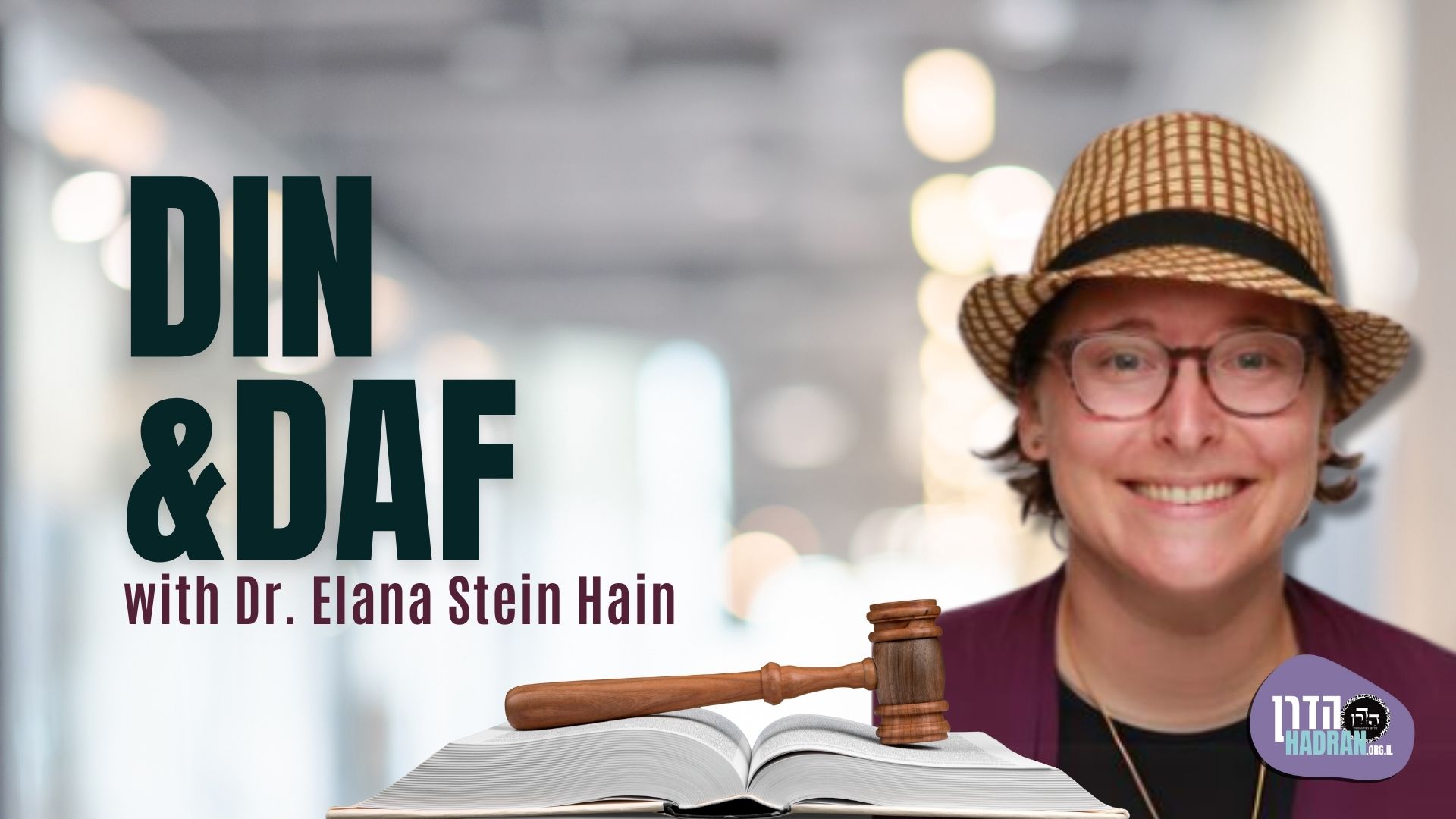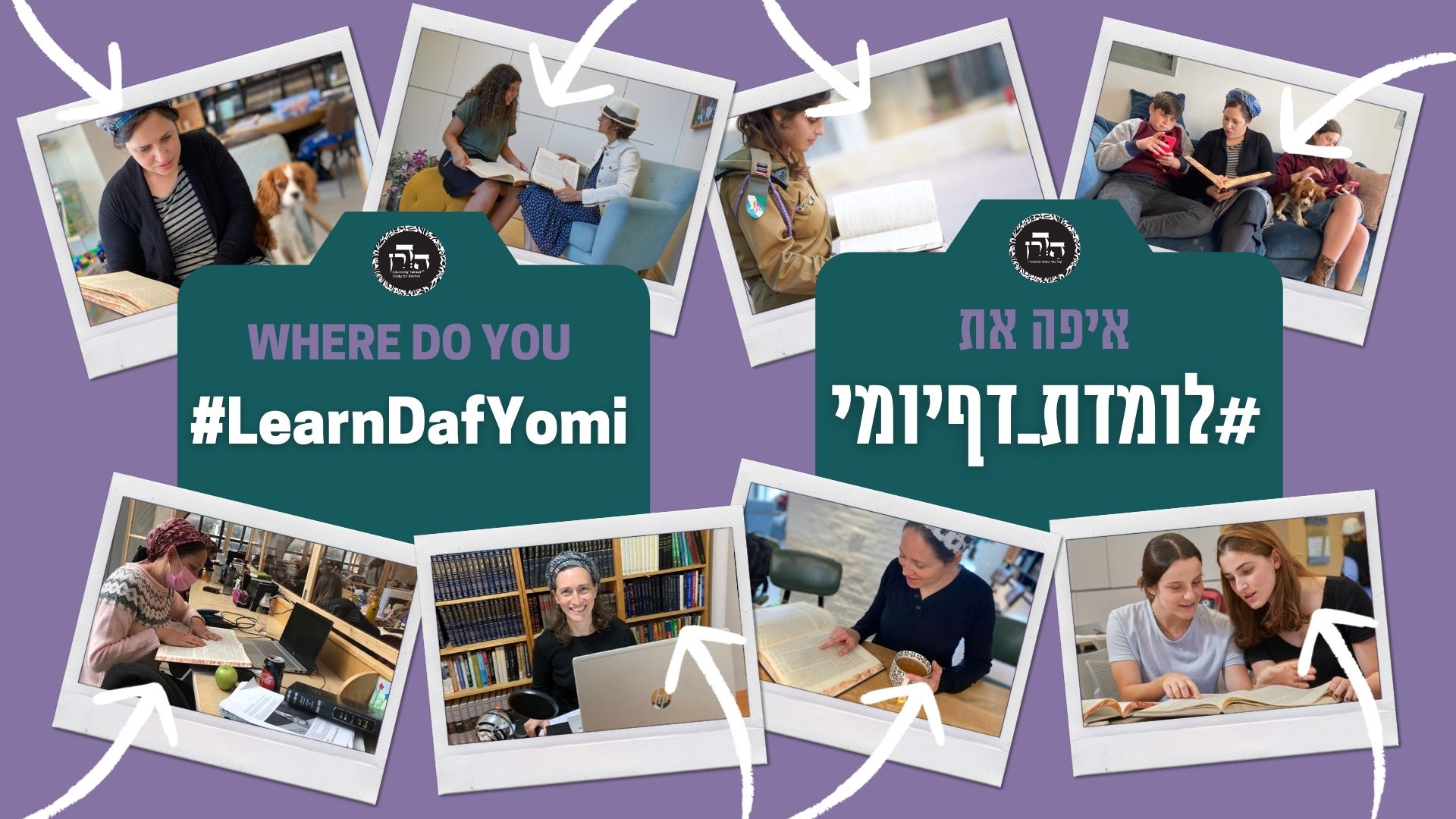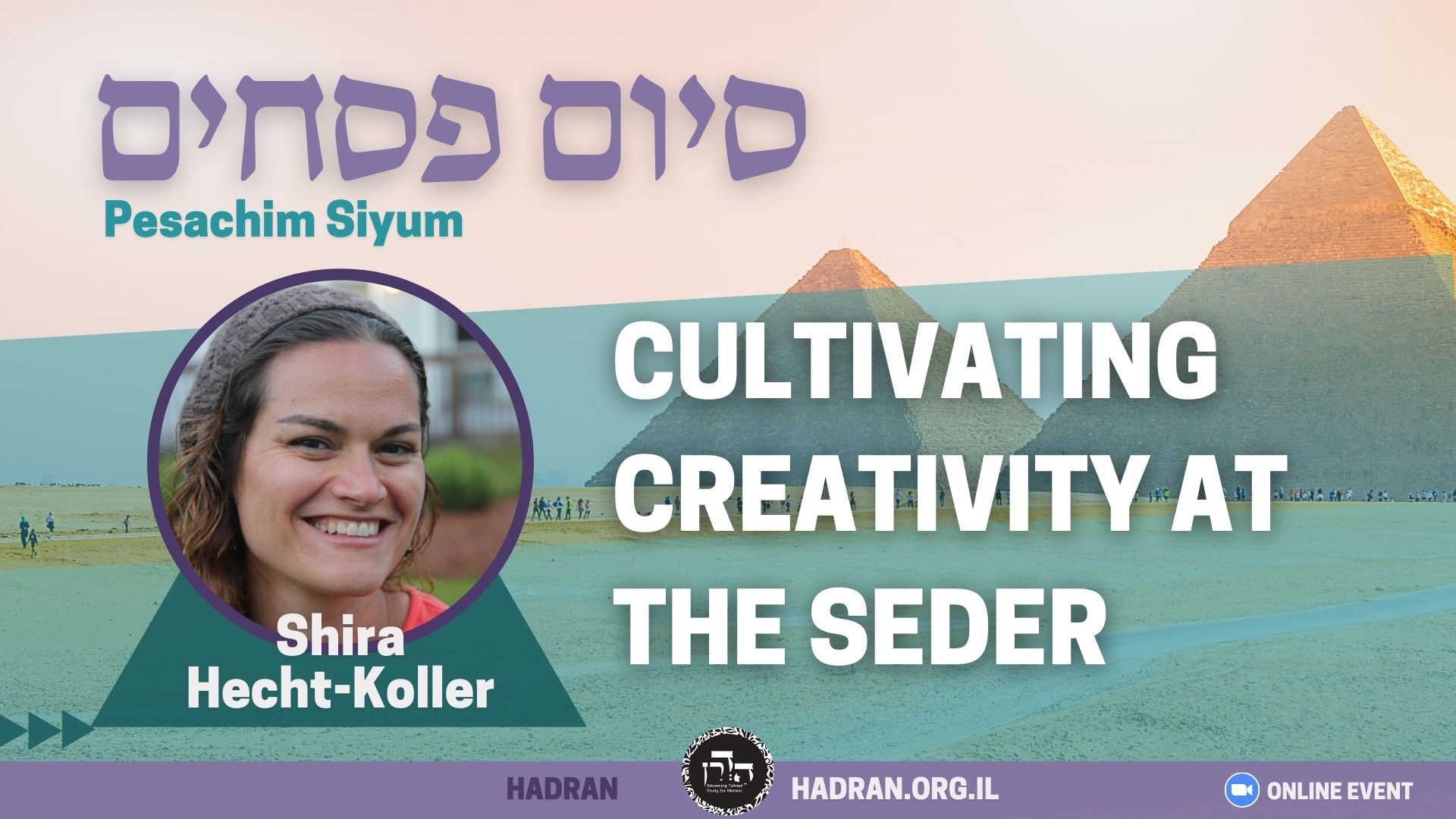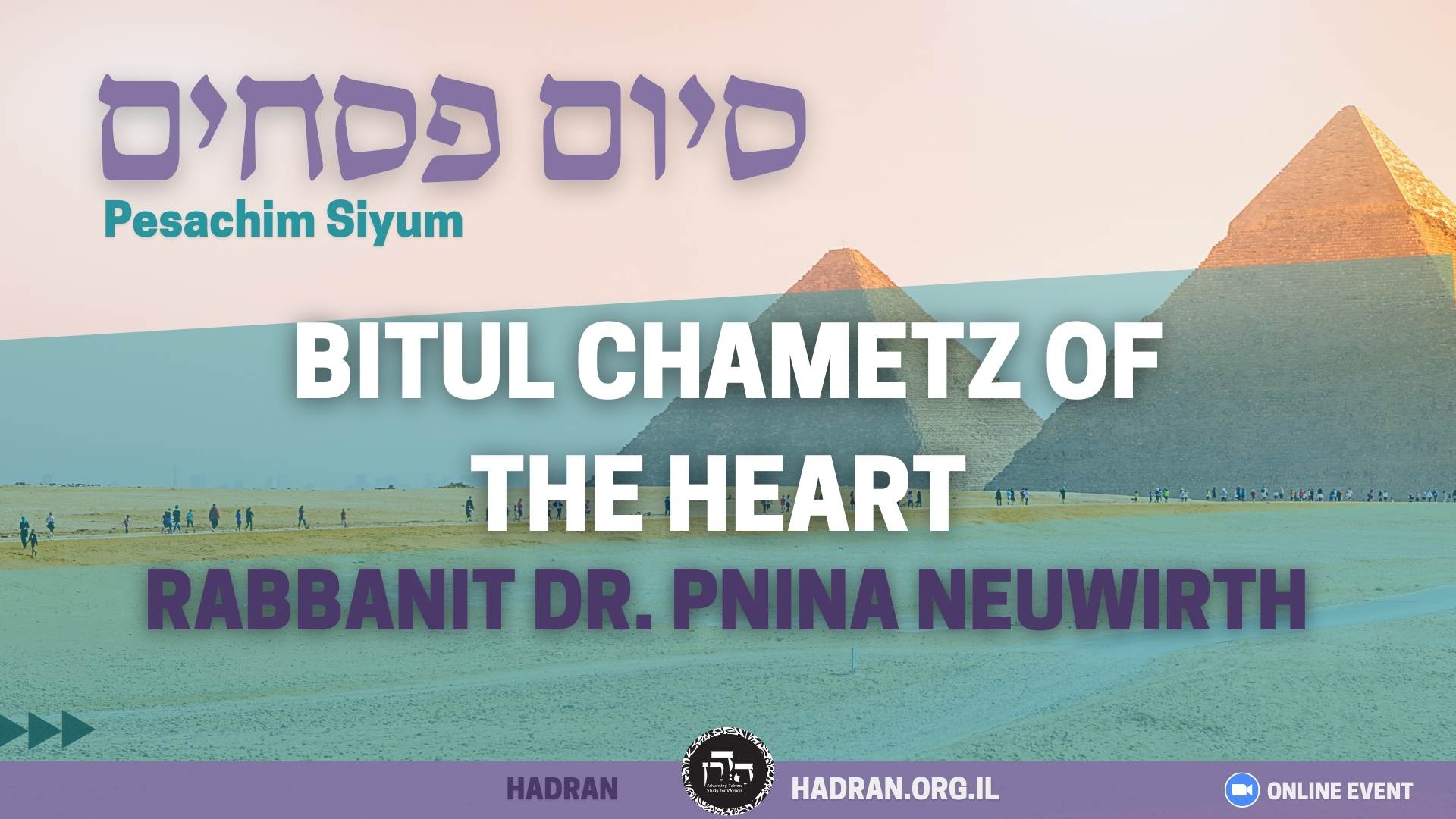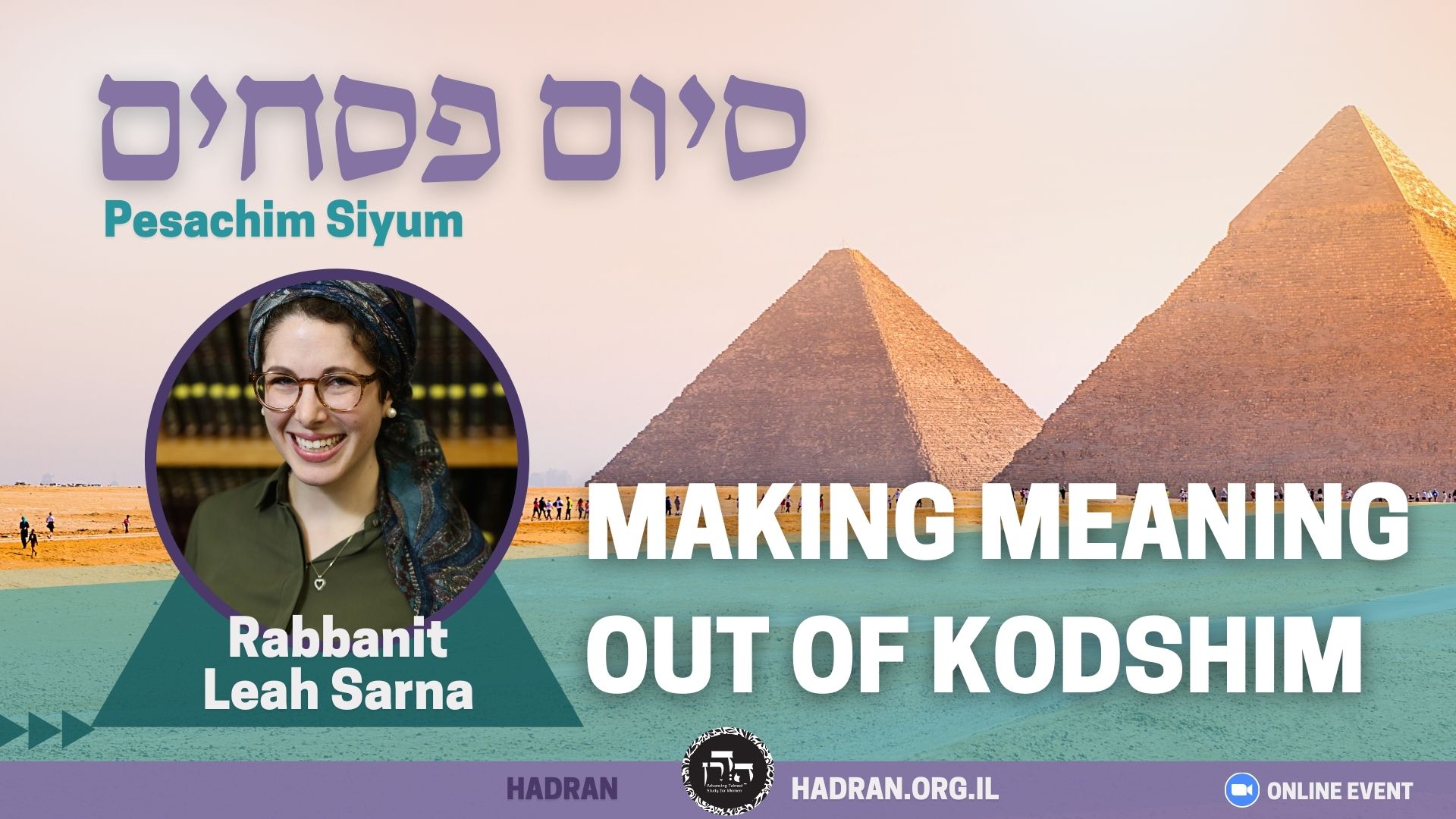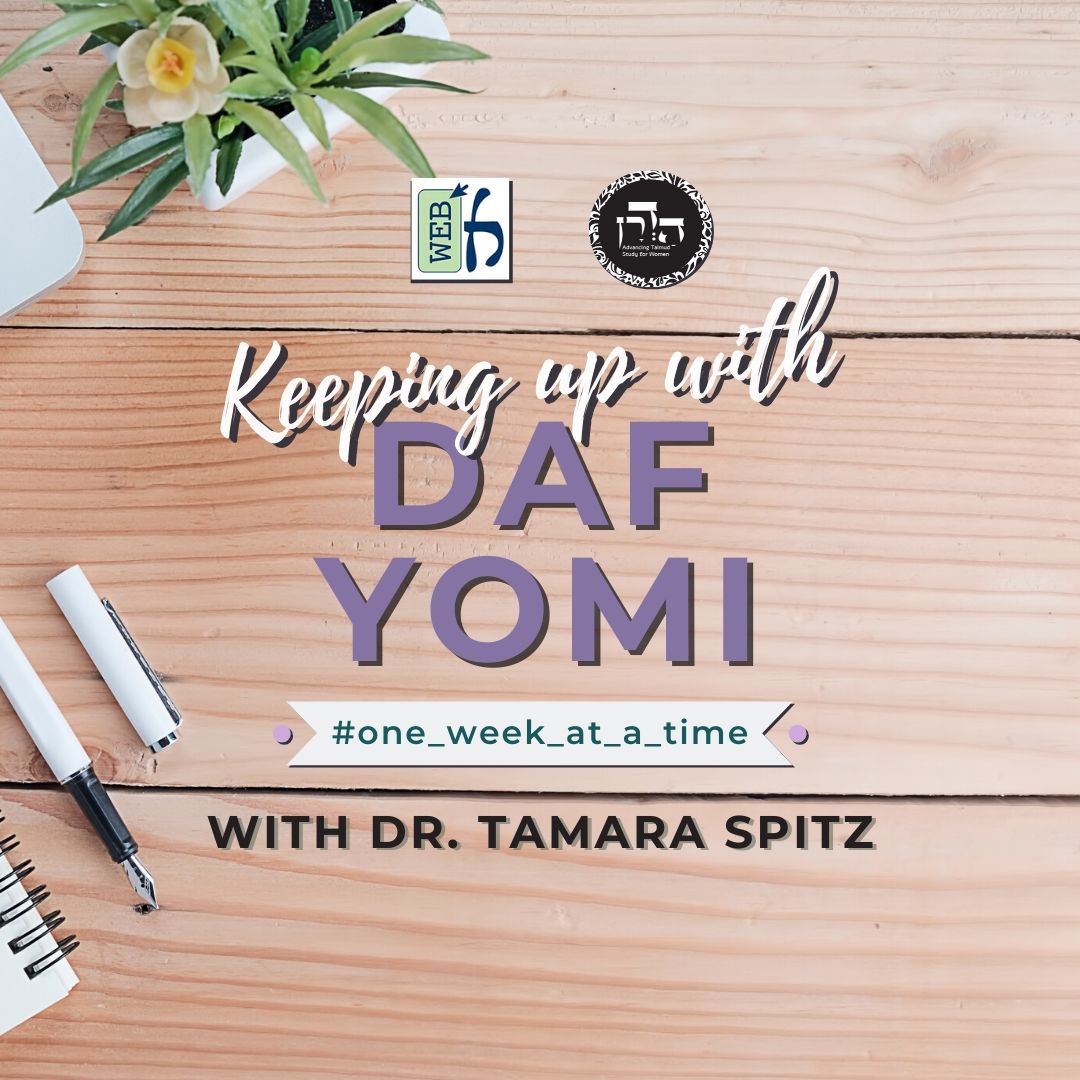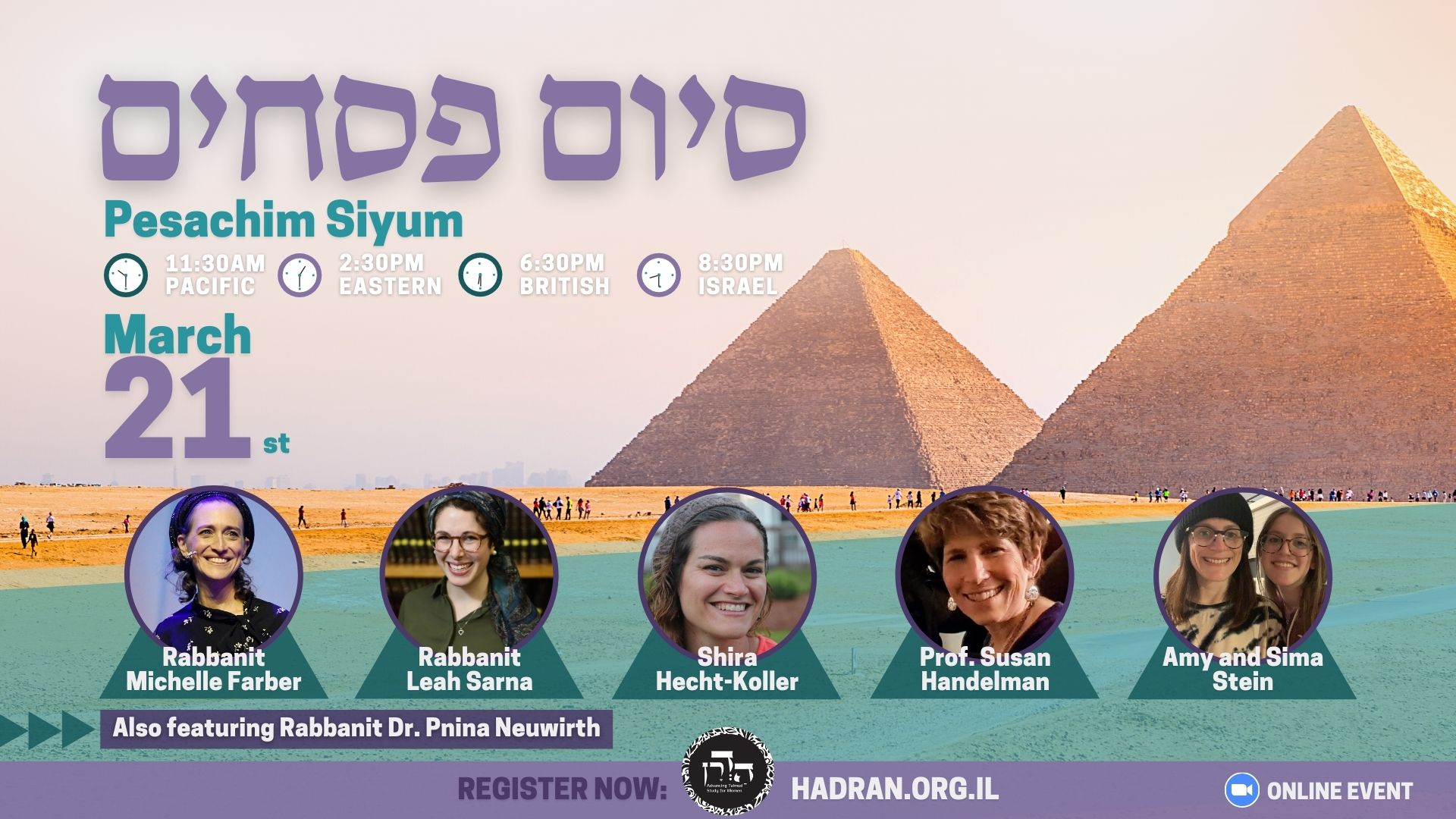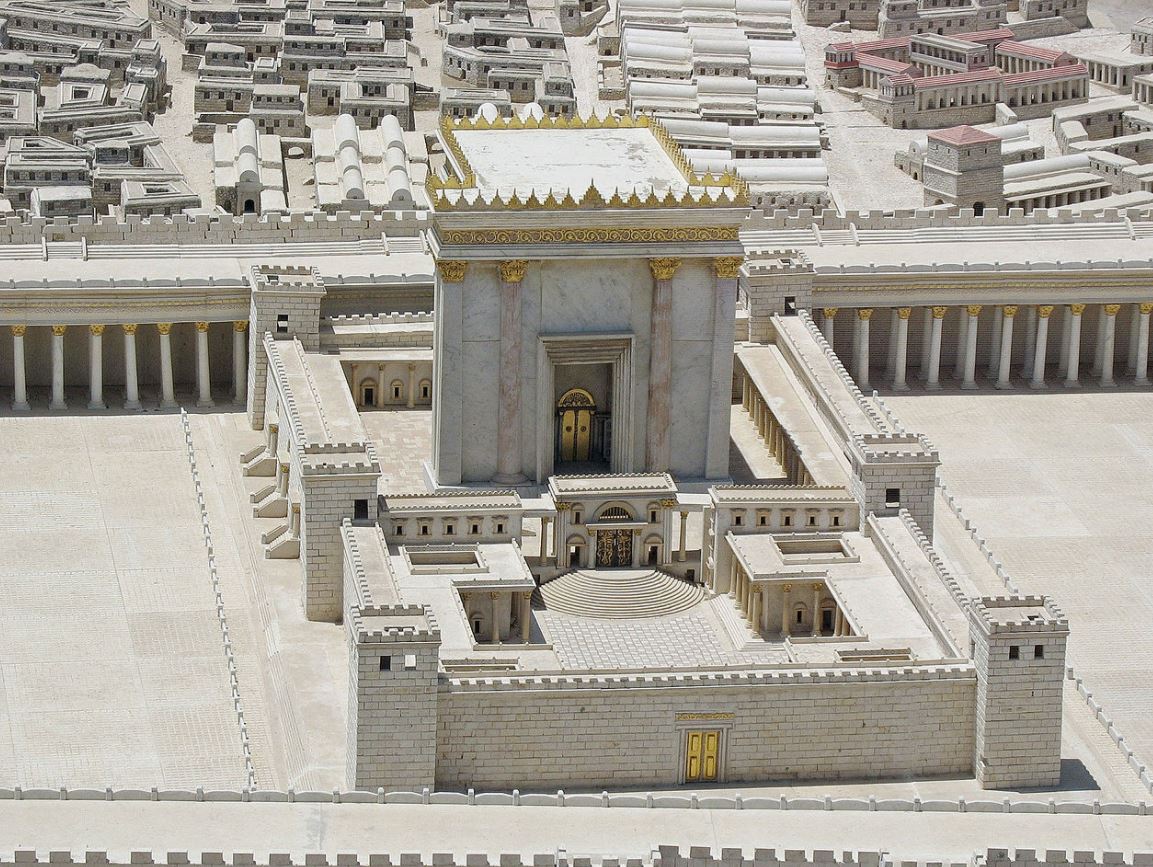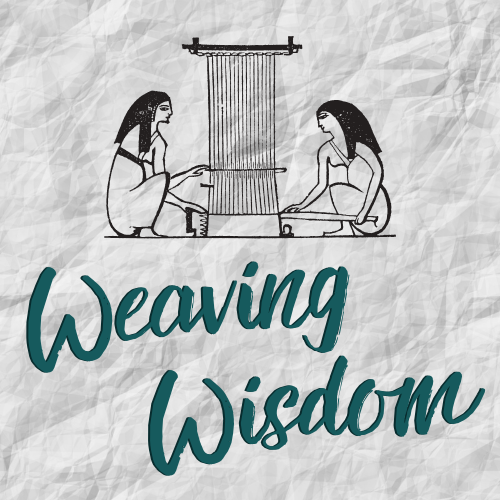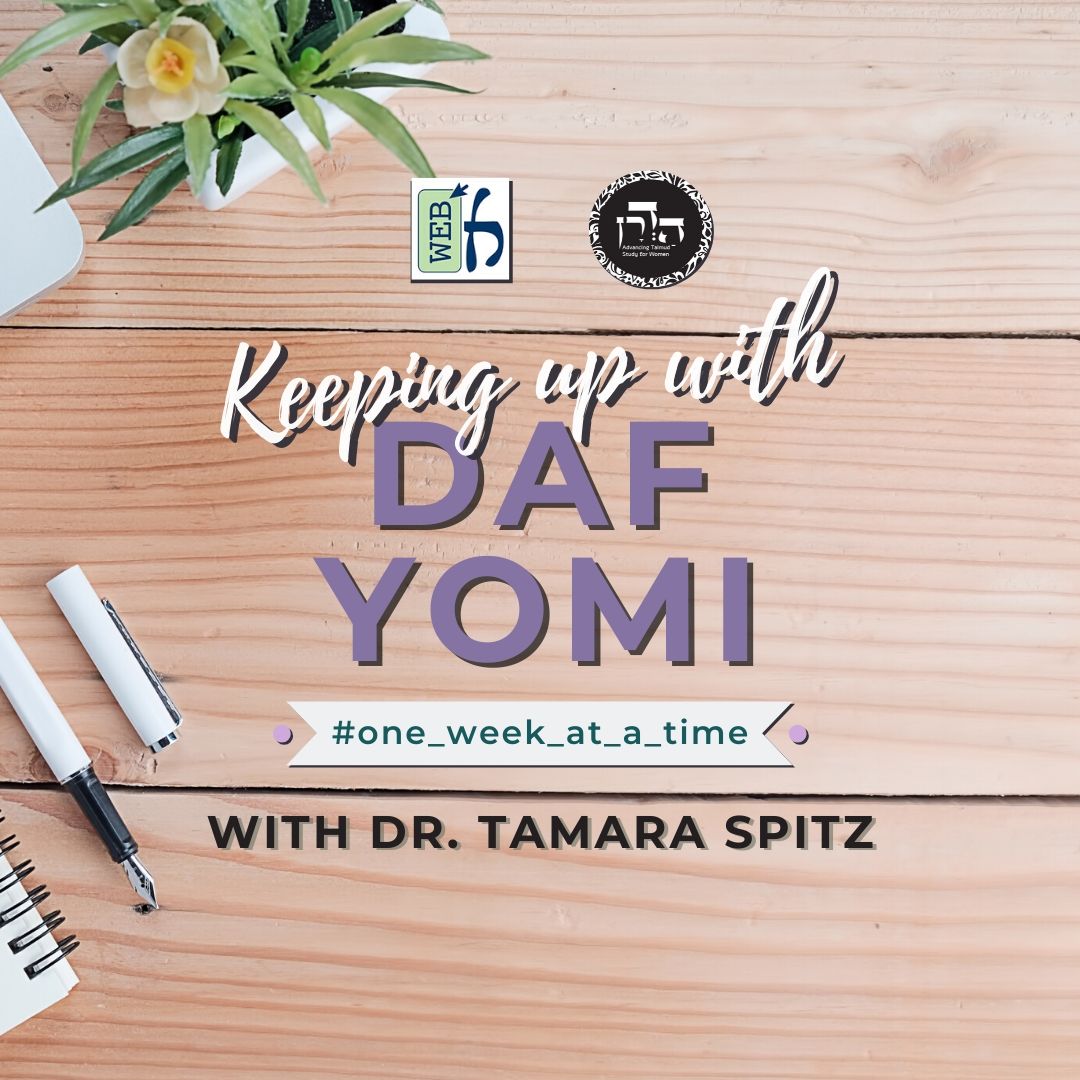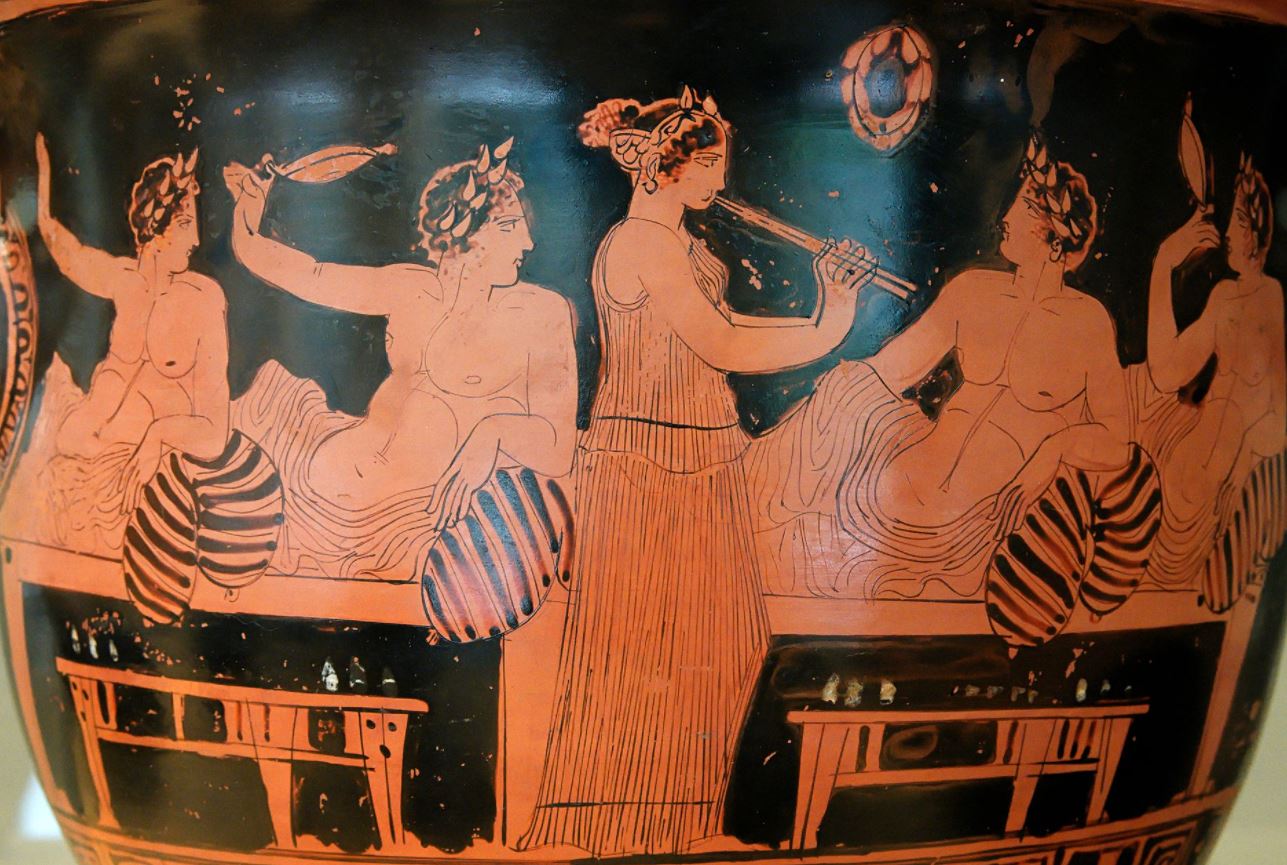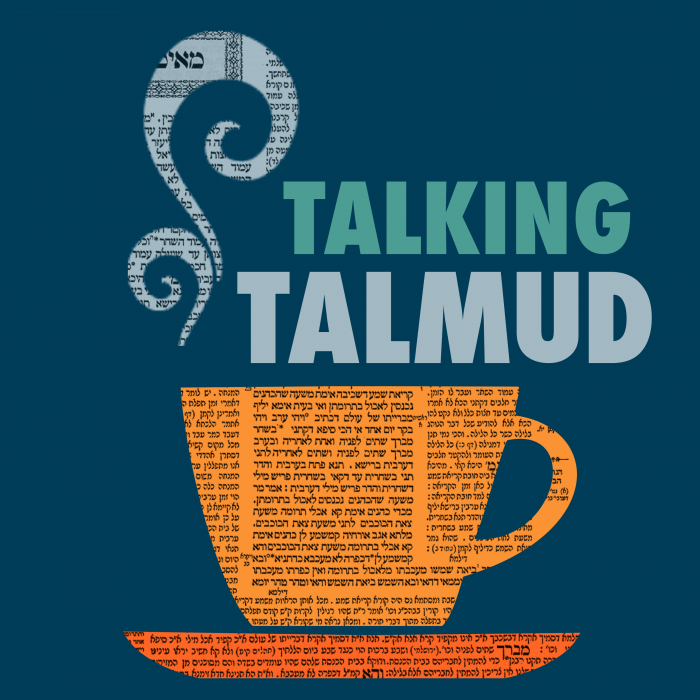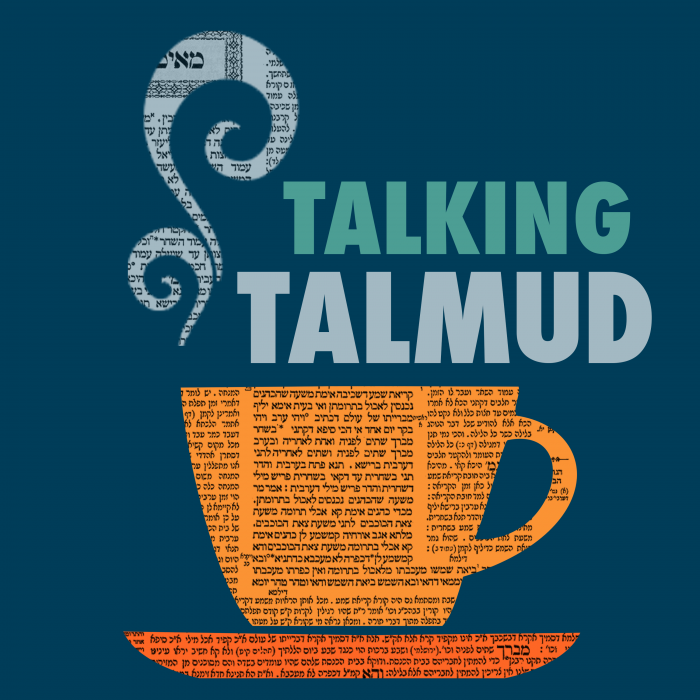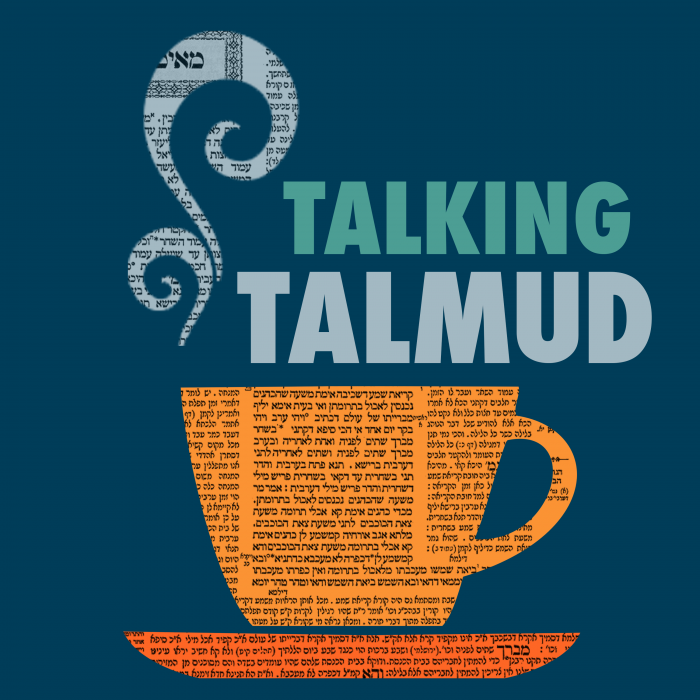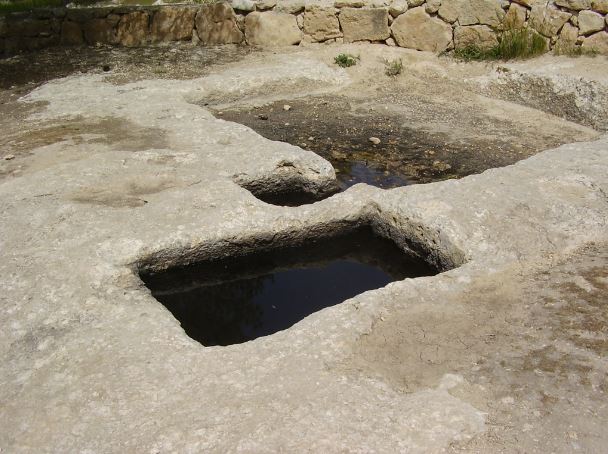Today’s daf is sponsored by Anne Klausner in memory of her friend Jane Freedman z’l, Sheindel bat HaRav Pinchas and Edna Yenta whose 7th yahrzeit was Monday, the 10th of Adar. “Jane was an inspirational woman, her emunah in Hashem was awe-inspiring even in the face of tremendous health challenges. May she be a melitzat yosher for all of Am Yisrael.” And by Rochie Sommer in honor of her mother Meryl Sasnowitz, on her birthday. “Her dedication to education and Torah learning has inspired her family. May she continue to take pleasure in the Hadran Daf Yomi. With love from her children, grandchildren, and great-grandchildren.”
What are the differences between Pesach Rishon and Pesach Sheni? From where are these details derived? On what issues are there differences of opinion? If it was a year where the majority of the people were impure, and those impure from a dead person are permitted to sacrifice the Pesach sacrifice, how does this affect others who are impure who are not allowed to partake in the sacrifice. Do they still receive karet if they eat the meat from the Pesach sacrifice? Do they still receive karet if they enter the Temple?



